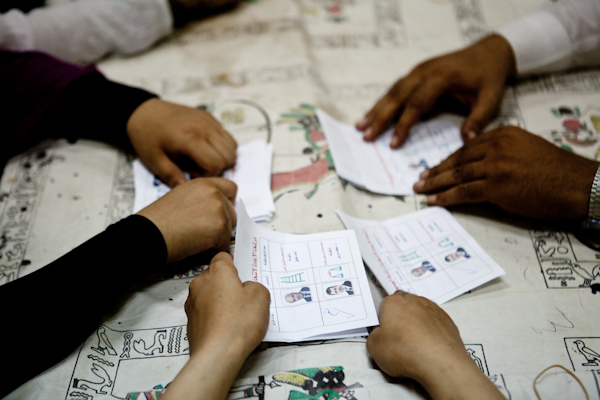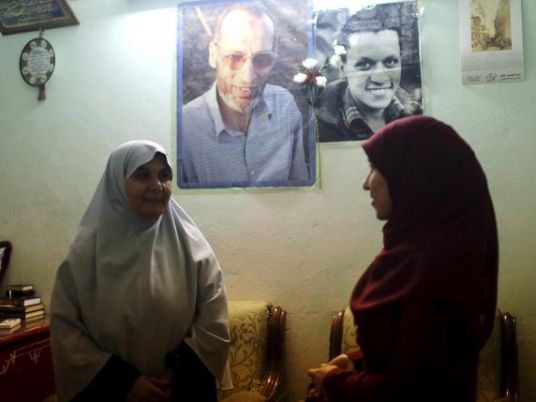
The Presidential Elections Commission said on Wednesday it may not be ready to announce the results of a runoff presidential vote on Thursday as planned because it was still reviewing appeals from the two candidates, both of whom claim to have won.
Egyptians voted at the weekend to choose a replacement for Hosni Mubarak, who was ousted in a popular uprising last year. The race pitted the Muslim Brotherhood's Mohamed Morsy against Ahmed Shafiq, a former air force commander who was Mubarak's last prime minister.
"We cannot announce when exactly the timing of the announcement of the election results will be because now we are at the stage of listening to the representatives," said Secretary General Hatem Bagato.
"The committee will meet afterwards to decide on whether to accept the appeals or not. After that there will be a time set to announce the final result," he added, speaking by phone.
Any lengthy delay in announcing the results risks prolonging uncertainty and stoking tension at a time when it is unclear how big a role the military will continue to play in leading the country.
On Tuesday, a US election monitoring group said it was unable to say if Egypt's presidential election was free and fair as it had not been given sufficient access, accusing the military leadership of hampering a transition to democracy.
Beyond the election itself, the group — the Carter Center — said a court's decision to dissolve the Islamist-dominated Parliament and a decree from the ruling military council limiting the future president's powers increased the risk that Egypt was not becoming the democracy that many had hoped for.
Omar Salama, a legal advisor and member of the elections commission's secretariat, said Morsy had filed over 150 complaints against his rival Shafiq. State-run Al-Ahram newspaper said on its website that Shafiq had submitted 221 complaints about the results.
No official figures have been announced, but candidates had representatives at polling stations and were able to make their own tallies.
"We must give both sides all the time they need to ensure that the process is fair and prevent any claims later on that not enough time was given to both sides," Bagato explained.


